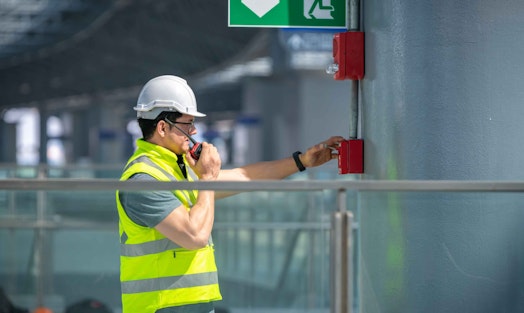The Supreme Court holds that Deliveroo riders are self-employed meaning the delivery firm could not be forced into collective bargaining on terms and conditions the drivers worked under
The Independent Workers’ Union of Great Britain (IWGB) made a formal request for trade union recognition to Deliveroo in November 2016. They sought to negotiate pay, hours and holiday rights with Deliveroo on behalf of the riders.
Deliveroo rejected the request on the basis of its understanding of the drivers’ self-employed status. IWGB applied to the Central Arbitration Committee for statutory recognition.
The CAC had to decide two issues: first, whether the riders fell into the definition of individuals in relation to whom statutory recognition can apply and second, whether there was sufficient level of support for statutory recognition within the proposed bargaining unit.
On the definition point, the CAC had access to the contractual documentation.
As part of the contractual arrangement, riders were under no obligation to log on to the Deliveroo app; they could allocate themselves as “unavailable” at any stage and could reject or ignore any jobs without penalty. Substitution clauses were found which meant that the rider could, without obtaining any prior approval, arrange for another courier to perform their work either before or after accepting a job.
Deliveroo did not police the right of substitution and the rider themselves would be held responsible for ensuring the substitute was sufficiently skilled to carry out the job.
Try Brainbox for free today
When AI meets 40 years of Peninsula expertise... you get instant, expert answers to your HR and health & safety questions
Although the CAC recognised substitution in practice was rare, it found it did happen.
There was evidence that a rider substituted themselves for their own financial gain and others did it after accepting jobs because they later decided they did not want to perform them. As the substitution right was genuine, unfettered and there was evidence that it was used, the riders were not undertaking to do work personally.
Therefore, they could not be classed as workers and the claim for recognition was not accepted.
As this finding was critical to IWGB’s case, there was no need to consider the second question on the level of support for recognition.
On appeal, the Court of Appeal agreed that an obligation to provide personal service was an indispensable feature of the relationship of employer and worker.
The Supreme Court has now also upheld the decision. The arrangement between Deliveroo and the riders was “fundamentally inconsistent with any notion of an employment relationship”. The riders did not have specific hours of work, could work elsewhere including for rivals, and they could appoint a substitute to carry out their work for them.
For help with employment status, visit BrAInbox today where you can find answers to questions like What's the difference between an employee and a self-employed person?




